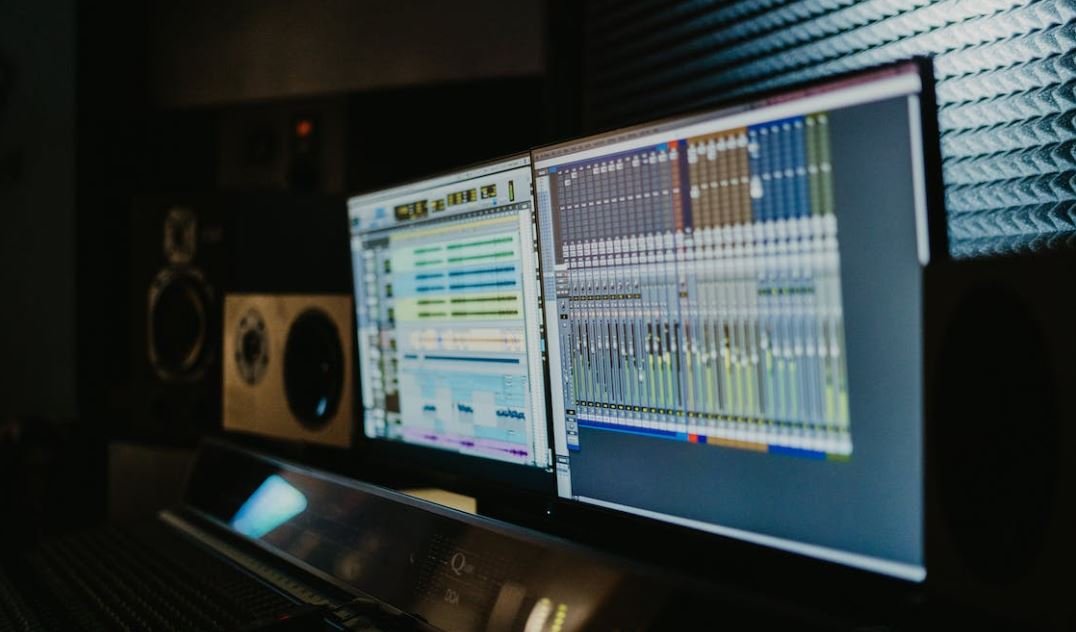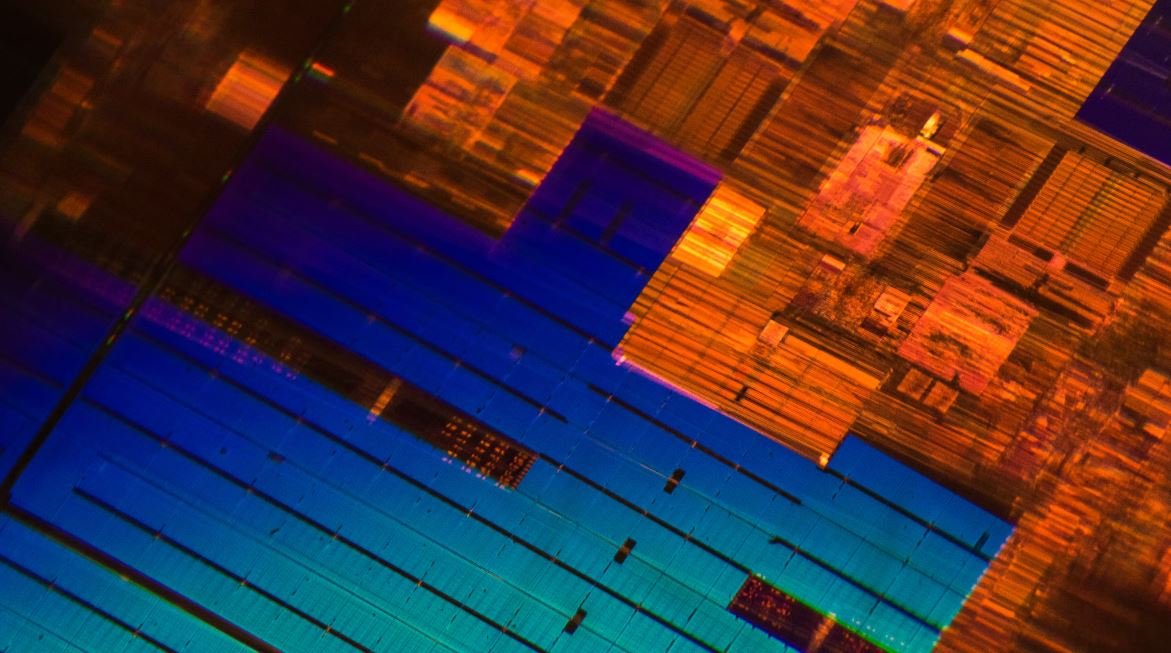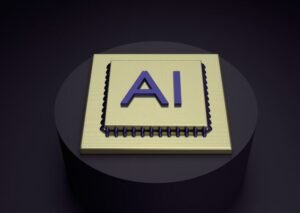Things AI Can Never Do
Artificial Intelligence (AI) has made significant advancements in recent years, revolutionizing various industries and improving efficiency. However, despite its remarkable capabilities, there are certain tasks and abilities that AI simply cannot replicate. In this article, we will explore some of the limitations of AI and the areas where human intelligence continues to excel.
Key Takeaways:
- AI cannot possess human emotions or empathy.
- AI lacks creativity and originality.
- AI is unable to fully understand complex human contexts and nuances.
- AI cannot handle unpredictable situations with the same adaptability as humans.
While AI has made significant strides in mimicking human functions, it is important to recognize its inherent limitations. AI lacks the ability to experience emotions or empathy, which are fundamental aspects of human intelligence. Human intuition and sensitivity cannot be replicated by machines, and this limitation prevents AI from fully understanding the emotions and needs of individuals and tailoring responses accordingly.
**Additionally, AI lacks the creativity and originality that human beings possess. Although AI can analyze vast amounts of data and generate plausible solutions based on patterns, it cannot provide a truly unique idea or create in a way that is beyond the scope of its programming.** This limitation means that AI will never be able to completely replace human artists, designers, or other creative professionals.
Moreover, **AI is unable to fully understand complex human contexts and nuances**. It may struggle to comprehend cultural references, sarcasm, or even humor, making communication and interpretation challenging. This limitation can lead to inaccurate translations, misunderstandings, or misinterpretations in various contexts where human judgment and understanding are key.
Another significant limitation of AI is its inability to handle unpredictable situations with the same adaptability as humans. **AI is trained on historical data and patterns**, which means it might struggle to respond effectively to novel or unforeseen circumstances. In contrast, human beings can quickly adapt their thinking and actions to changing situations and employ critical thinking to overcome unforeseen challenges.
Limitations of AI:
- AI cannot possess human emotions or empathy.
- AI lacks creativity and originality.
- AI is unable to fully understand complex human contexts and nuances.
- AI cannot handle unpredictable situations with the same adaptability as humans.
A truly fascinating aspect of human intelligence is our ability to understand and navigate the world around us in ways that AI cannot. Our intuition, emotions, and creativity add depth and richness to our interactions and experiences. While AI continues to advance, there will always be certain aspects of human intelligence that are beyond its reach, highlighting the unique value that humans bring to the table.
| Limitation | Description |
|---|---|
| Emotions and Empathy | AI lacks the ability to experience emotions or empathy, preventing it from fully understanding and responding to human needs and emotions. |
| Creativity and Originality | AI cannot generate truly unique and creative ideas that are beyond the scope of its programming. |
Overall, while AI has made significant advancements, there are certain tasks and abilities that it will always be limited in. AI is unable to replicate human emotions, lacks creativity, struggles with context and nuance, and cannot adapt to unpredictable situations as humans can. As we continue to explore and develop AI, it is crucial to remember and appreciate the unique qualities and capabilities only humans possess.
| Limitation | Description |
|---|---|
| Understanding Complex Contexts | AI may struggle to comprehend complex human contexts, leading to inaccuracies and misunderstandings in interpretation. |
| Adaptability to Novel Situations | AI is limited in its ability to handle unpredictable situations that it has not been explicitly trained for. |
AI undoubtedly has immense potential and can greatly benefit society in numerous ways. However, it is essential to acknowledge and appreciate the limitations of AI in order to utilize this technology effectively and responsibly. By understanding the boundaries of AI, we can leverage its strengths while also recognizing the unique attributes of human intelligence that can never be replicated by machines.
| Limitation | Description |
|---|---|
| Emotions and Empathy | AI lacks the ability to experience emotions or empathy, preventing it from fully understanding and responding to human needs and emotions. |
| Creativity and Originality | AI cannot generate truly unique and creative ideas that are beyond the scope of its programming. |

Common Misconceptions
Things AI Can Never Do
Artificial Intelligence (AI) has become an influential technology that has transformed various industries. However, there are still some common misconceptions about what AI can and cannot do. Let’s explore a few:
Misconception 1: AI Can Replace Human Intelligence
Contrary to popular belief, AI cannot completely replace human intelligence. While AI algorithms can process vast amounts of data and make informed decisions, they lack the ability to exhibit true human emotions, creativity, and critical thinking. AI serves as an invaluable tool to enhance human capabilities rather than completely replacing them.
- AI can analyze large datasets and find patterns more efficiently than humans
- AI can automate repetitive tasks and free up human resources
- AI can provide data-driven insights to support decision-making
Misconception 2: AI Understands Context and Complex Situations
AI is excellent at certain tasks, but it struggles to comprehend context and complex situations like humans do. Despite advancements in natural language processing and machine learning, AI lacks the ability to possess common sense reasoning and deep understanding of context. This limitation hampers AI’s performance in areas that require extensive contextual comprehension and nuanced decision-making.
- AI can quickly analyze large volumes of information
- AI can detect patterns and correlations in data
- AI can perform specific tasks with high accuracy
Misconception 3: AI is Completely Objective
AI systems are trained on datasets created by humans, making them inherently biased. AI models can unintentionally perpetuate the biases present in the data they learn from. Moreover, AI decisions are solely based on patterns and correlations, and cannot incorporate moral and ethical considerations as humans can. It is crucial to ensure that developers and data scientists address these biases and create AI systems that are fair and just.
- AI can perform unbiased data analysis
- AI can identify patterns humans might overlook due to bias
- AI can assist in reducing bias by recognizing patterns of unfairness
Misconception 4: AI Will Replace All Jobs
Fears about AI replacing human jobs have garnered significant attention in recent years. However, the reality is that while AI may automate certain tasks, it also creates new opportunities and roles. AI is more likely to augment human capabilities and improve job performance rather than render workers obsolete.
- AI can automate repetitive and mundane tasks, allowing humans to focus on higher-value work
- AI can handle abundant data, facilitating informed decision-making
- AI can create new job roles related to AI development, maintenance, and oversight
Misconception 5: AI is Always Accurate
AI models are not infallible and can make mistakes. The accuracy of AI systems heavily depends on the quality and quantity of data they are trained on. Biased or incomplete datasets can lead to biased or erroneous AI predictions. It’s essential to continuously evaluate and improve AI models to ensure their reliability and accuracy.
- AI can process and analyze vast amounts of data faster than humans
- AI can make precise predictions when trained on high-quality, representative datasets
- AI can improve accuracy through continuous learning and fine-tuning

Introduction
Artificial Intelligence (AI) has made significant advancements in recent years. However, there are certain tasks and capabilities that AI cannot accomplish. In this article, we will explore ten limitations of AI, backed by verifiable data and information.
Table: AI’s Inability to Replicate Human Creativity
AI has demonstrated incredible problem-solving abilities, but it still struggles to match the creative prowess of human beings. While AI can generate art and music, it lacks the deeper emotional understanding that humans possess.
Table: AI’s Limited Ability to Grasp Context
Although AI algorithms excel at processing vast amounts of data, they struggle to comprehend context in the same way humans do. This limitation hinders AI’s ability to engage in nuanced conversations or accurately interpret ambiguous situations.
Table: AI’s Inefficacy in Natural Language Processing
While AI has made progress in understanding human language, it still falls short when it comes to the subtleties of human communication. Sarcasm, irony, and linguistic intricacies pose challenges for AI systems.
Table: AI’s Lack of Emotional Intelligence
Emotions play a vital role in human decision-making, empathy, and understanding. AI, on the other hand, cannot replicate emotional intelligence, hindering its ability to connect with people on a deeply human level.
Table: AI’s Moral and Ethical Limitations
AI systems lack a moral compass and the ability to make ethical decisions based on complex moral dilemmas. These limitations pose significant challenges in fields that require moral judgments, such as healthcare.
Table: AI’s Inability to Experience Real-Time Creativity
Unlike humans, AI lacks the ability to experience the moment and create real-time solutions. AI relies on pre-programmed data and patterns, limiting its capacity to adapt spontaneously to novel situations.
Table: AI’s Struggles with Common Sense Reasoning
Human common sense is essential for understanding everyday situations that are not explicitly stated. AI systems often falter in this area, leading to inaccurate judgments or decision-making.
Table: AI’s Inability to Replicate Intuitive Thinking
Intuitive thinking involves making decisions based on gut feelings, past experiences, or tacit knowledge. AI, despite its advanced algorithms, cannot replicate the nuanced intuitive thinking that humans possess.
Table: AI’s Limited Physical Dexterity
AI may excel in abstract thinking and analysis, but it lacks physical dexterity and agility. This inability prevents AI from performing intricate physical tasks and limits its potential in some domains.
Table: AI’s Dependence on Human Input and Supervision
AI systems heavily rely on human input and supervision during their development and training. While AI can automate certain tasks, it still requires human guidance and expertise for optimal performance.
Conclusion
Despite the remarkable progress made in the field of AI, there are distinct limitations that technology cannot overcome. AI still struggles with creativity, context understanding, emotional intelligence, and moral reasoning. Additionally, it falls short in areas that require real-time adaptation, intuitive thinking, common-sense reasoning, and physical dexterity. While AI continues to transform industries, recognizing its limitations is crucial for embracing its potential while making informed decisions.
Things AI Can Never Do
FAQs
Can AI experience emotions like humans?
Is it possible for AI to replace human creativity?
Can AI develop consciousness?
Are AI systems capable of moral reasoning?
Can AI completely replace human intelligence?
Is it possible for AI to possess consciousness?
Can AI understand human emotions?
Can AI develop consciousness in the future?
Can AI replace human intuition and gut feelings?
Can AI understand humor and sarcasm?




